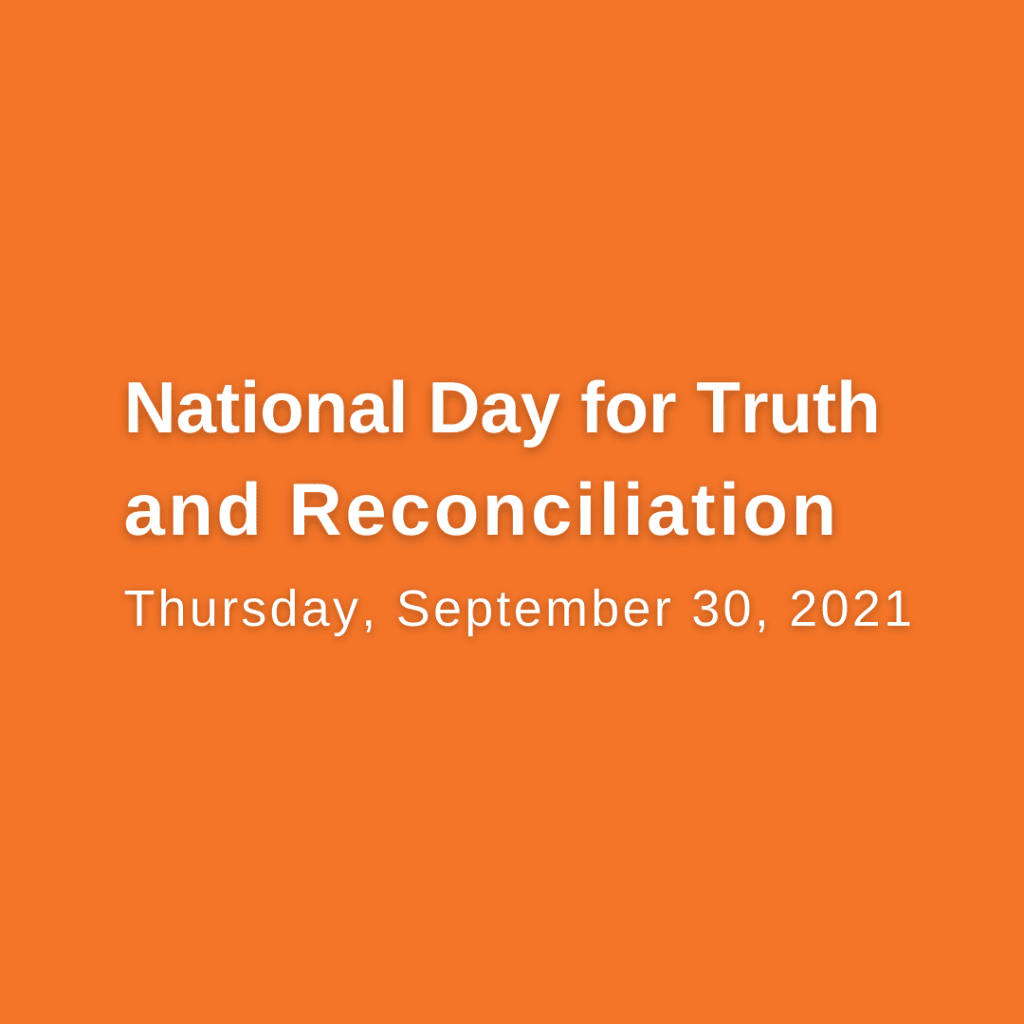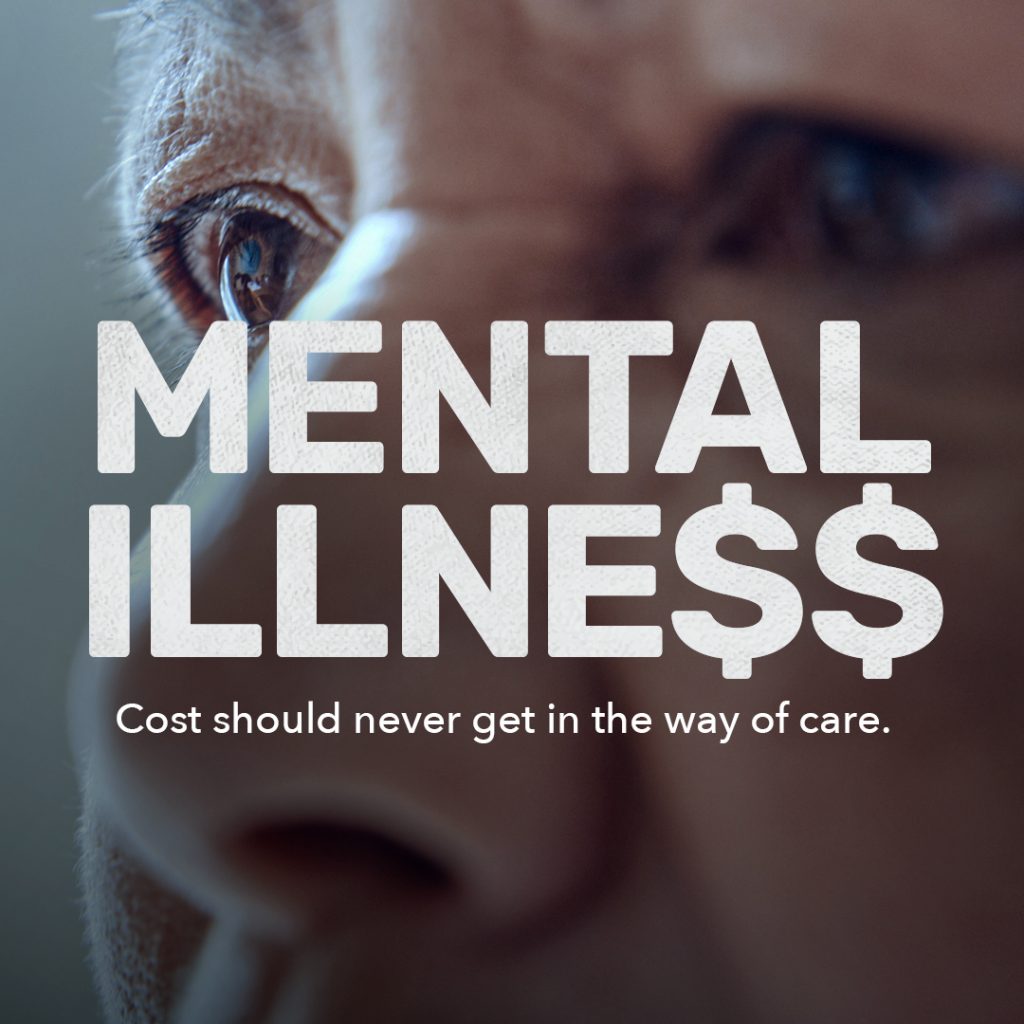People experiencing mental health and addictions challenges will soon have better access to the services they need, thanks to a new vision for care outlined in A Pathway to Hope: A roadmap for making mental health and addictions care better for people in British Columbia.
“For too long, little attention was paid to mental health and substance use care by previous governments,” said Premier John Horgan. “A Pathway to Hope lays out our plan to help people now and improve the health and wellness of all British Columbians in the long term. We’re taking a provincewide approach to build a system of care where services are always within reach and people have the supports and opportunities they need.”
A Pathway to Hope lays out government’s 10-year vision for mental health and addictions care that gets people the services they need in order to tackle problems early on and support their well-being. It identifies the priority actions government will take over the next three years to help people immediately and reduce demand on services down the road. The focus is on supporting the wellness of children, youth and young adults, supporting Indigenous-led solutions and improving access and quality of care. The roadmap will also build on the ongoing work to address the overdose crisis by starting to establish improved systems of addictions care.
“There is nothing more pressing than ensuring every young person has the supports they need to not just survive, but thrive,” said Judy Darcy, Minister of Mental Health and Addictions. “These longstanding problems in mental health and addictions care won’t be fixed overnight. But by starting to move from a crisis-driven system to early intervention and prevention – especially for children and youth – we can help people before their problems become more severe.”
The roadmap was launched with mental health and addictions advocates at Mountainside Secondary school in North Vancouver. Between 2013 and 2015, the number of B.C. students reporting depression rose by 50% and the number reporting anxiety increased by over 135%. Further, 17% of students reported that they had seriously considered suicide in the last year.
At the heart of A Pathway to Hope is a plan to begin transforming mental health and substance use care for children, youth, young adults and their families to reach them where they are — in their homes, communities and schools. This will start moving the mental health care system from a crisis-based approach to upstream early interventions and begin to replace the current patchwork of services with wraparound services and supports.
Initial priority actions in the three-year plan include:
- Increasing access to affordable counselling and support: expanding sliding scale and no-cost community counselling services with $10 million in grants to non-profits. This will expand affordable access for people, especially those without extended health coverage and those facing barriers related to race, ethnicity, religion, gender, age, social class and/or sexual orientation.
- Launching integrated child and youth teams connected to schools: establishing multi-disciplinary teams in five school districts over the next two years to bring wraparound services and supports directly to young people where they feel safe and comfortable, so families and caregivers do not have to navigate a system on their own.
- Opening more Foundry centres: increasing the number of Foundry youth centres from 11 to 19, so that young people in more communities can access these “one-stop shops” for health and wellness resources, services and supports.
- Expanding First Nations-run treatment centres: supporting the construction of two new urban treatment centres and renovations to a number of existing centres providing culturally safe access to substance use services.
- Expanding intensive services for children and youth: establishing two new intensive day programs for children and youth with severe mental health and/or substance use challenges transitioning out of hospital care, and 20 new family care home spaces with clinical care as an alternative to hospitalization.
- Supporting early childhood social emotional development: enhancing and expanding early intervention services and programs in child development centres and community-based organizations and launching new professional development tools and educational resources to support service providers and caregivers of children under six years of age.
This work to break down barriers and make mental health and addictions care better will take everyone — government, communities, organizations, service providers, people with lived experience and people throughout the province. Government will report annually as it delivers on its commitment to improve care for people in B.C.
Delivering A Pathway to Hope is a shared priority between government and the BC Green Party caucus, and is part of the Confidence and Supply Agreement.
Quotes:
Adrian Dix, Minister of Health —
“It is great to see this strategy identify key priority items, such as expanding First Nations-run treatment centres and targeting early indicators of emotional development and well-being.”
Katrine Conroy, Minister of Children and Family Development —
“Direct access to mental health services means kids are less likely to get sidetracked by anxiety, depression or addiction, and health professionals, like child and youth mental health clinicians, can intervene as early as possible. Providing more services in communities, at child development centres and at schools where children spend so much of their time is a huge step forward.”
Rob Fleming, Minister of Education —
“All students deserve to succeed, and it is our job to remove any barriers that are preventing them from doing so. By taking a provincewide approach to mental health and addictions care, and providing new supports in B.C. school districts, we are ensuring all students get the help they need when they need it and feel safe, connected and supported at school.”
Deborah Wilson, executive director, Pacific Centre Family Services Association —
“This provincial initiative to provide resources to promote positive health and wellness in our communities is timely and critical. Increased demand for vital services is continually escalating. Ministry funding and resources to expand sliding scale and pro-bono community counselling services will provide increased access to affordable counselling, thereby improving the quality and dignity of life for people dealing with mental health issues.”
Lisa Robinson, executive director, Kackaamin Family Development Centre —
“The work that has been done around First Nations treatment centres has been built on the knowledge that the many faces of addictions are symptoms of deep-rooted pain stemming from the breakdown in families through Residential Schooling. The approach to addressing the layers of trauma needs to acknowledge this dark history. Culturally safe approaches using Indigenous knowledge and wisdom, along with current research in the treatment of trauma, helps to reconnect families, which, in turn, creates strong communities. As said by Hesquiaht Elder Alice Paul, ‘The highest law of the Nuu-Chah-Nulth people is the absolute protection of our offspring.’”
Cheyenne Johnson, co-executive director, BC Centre on Substance Use —
“Substance use and addiction are complex societal challenges that have for too long gone unaddressed. Expanding access to effective, evidence-based care is an important step towards addressing our longstanding need for a substance use continuum of care that emphasizes addiction treatment, recovery and public health strategies.”
Jonny Morris, CEO, Canadian Mental Health Association – BC Division —
“This new strategy represents an important starting point and outlines critical and focused first steps toward improving our mental health and addictions system in British Columbia. We look forward to seeing the results of these important investments and to the ministry’s continued work towards mental health for all British Columbians.”
Learn More:
To read A Pathway to Hope, visit: https://news.gov.bc.ca/files/BCMentalHealthRoadmap_2019.pdf
Original post from the BC Government website. https://news.gov.bc.ca/releases/2019PREM0078-001333




Leave a Reply